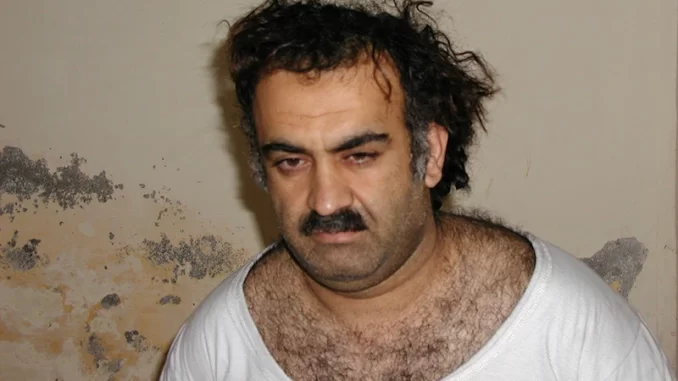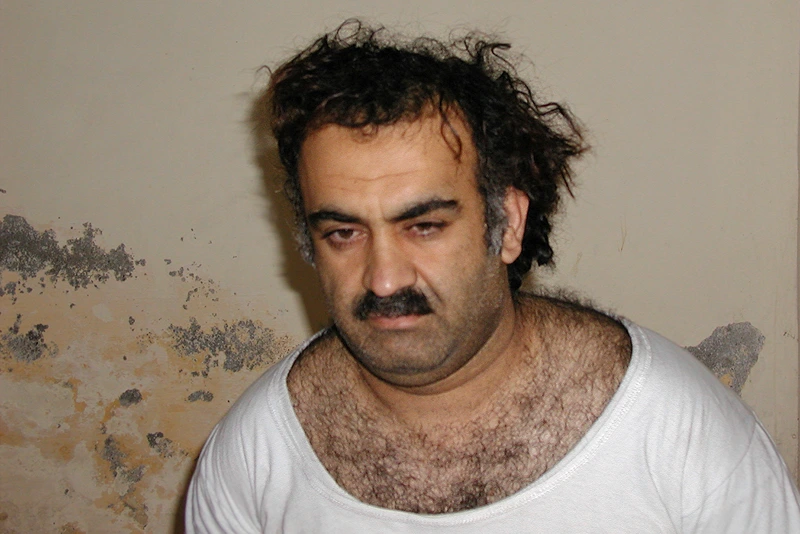

OAN’s Abril Elfi
3:55 PM – Thursday, August 17, 2023
The Pentagon and FBI told the families of the victims of the September 11, 2001, terrorist attack that the alleged defendants might not face the death penalty.
Advertisement
This week, families affected by the 9/11 tragedy received a letter from the government that the alleged mastermind of the incident, Khalid Shaikh Mohammad, and his defendants might not face the death penalty.
Even though the letters were received this week, the documents were dated on August 1st, one and a half years after military prosecutors and defense attorneys first began exploring a negotiated resolution to the case.
“The Office of the Chief Prosecutor has been negotiating and is considering entering into pre-trial agreements,” the letter said. “While no plea agreement has been finalized, and may never be finalized, it is possible that a PTA in this case would remove the possibility of the death penalty.”
Mohammad’s trial, along with that of four other men being held at the U.S. detention facility in Guantanamo Bay, Cuba, has been plagued by numerous delays and legal disputes, particularly regarding the legal implications of the men’s initial use of torture during their interrogation by the CIA.
The 9/11 Commission of the United States came to the conclusion that Mohammed was the responsible individual who first suggested a coordinated attack on the United States to Al-Qaida leader Osama bin Laden and who was given permission by Bin Laden to plan what would become the 9/11 attacks.
The other four suspects are accused of providing various forms of support to the Islamic hijackers.
Other 9/11 family members, who are a part of a network of families who have consistently pushed for answers and accountability over the years, said they would insist on the right to interrogate the defendants about the scope of any official Saudi participation in 9/11 as part of a plea deal.
Peter Brady, one of the individuals who received a letter and whose father was killed in the attacks, gave his remarks to the press.
“It’s about holding people responsible, and they’re taking that away with this plea,” Brady said. “The case needs to go through the legal process, not be settled in a plea deal.”
Defense attorneys and judges have shifted throughout the course of the case, as they all struggled with the legality and practicalities of the military trial.
A significant portion of the hearings have been bogged down in legal disputes over how much of the testimony should be disregarded due to the defendants’ use of torture while in early CIA custody
No trial date has reportedly been set yet.
Stay informed! Receive breaking news blasts directly to your inbox for free. Subscribe here. https://www.oann.com/alerts

